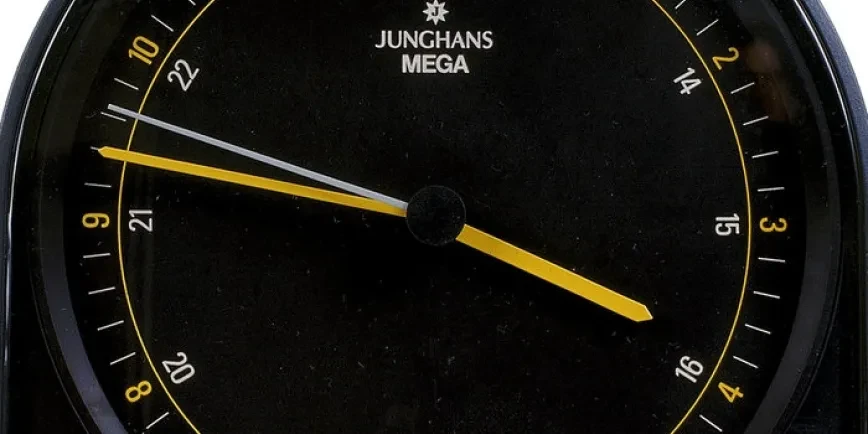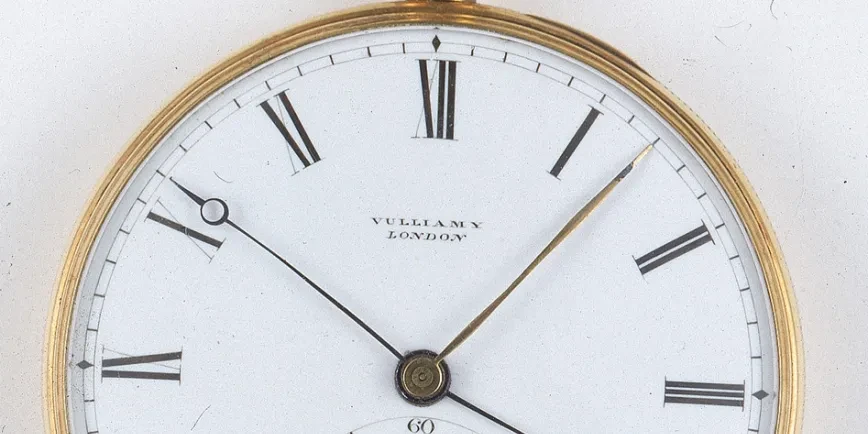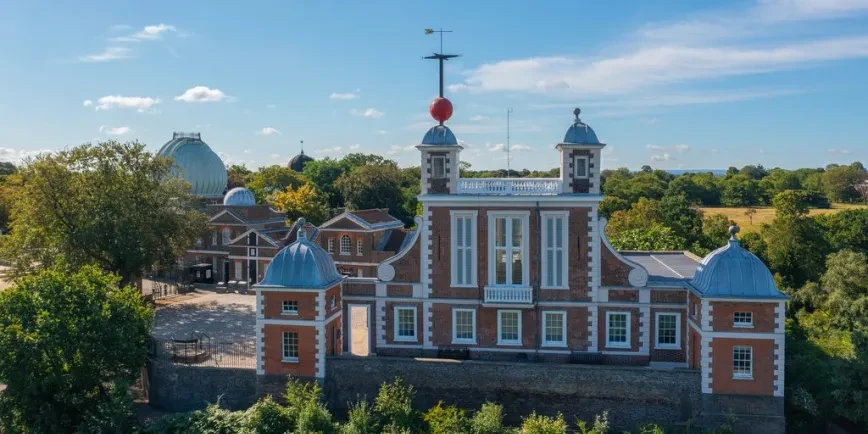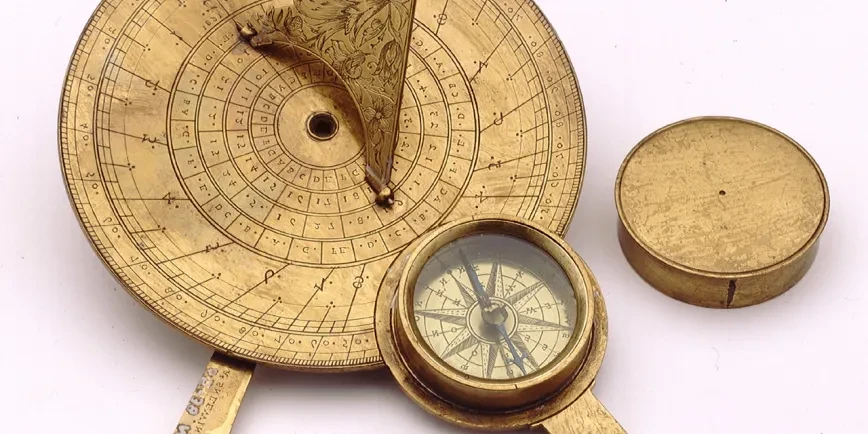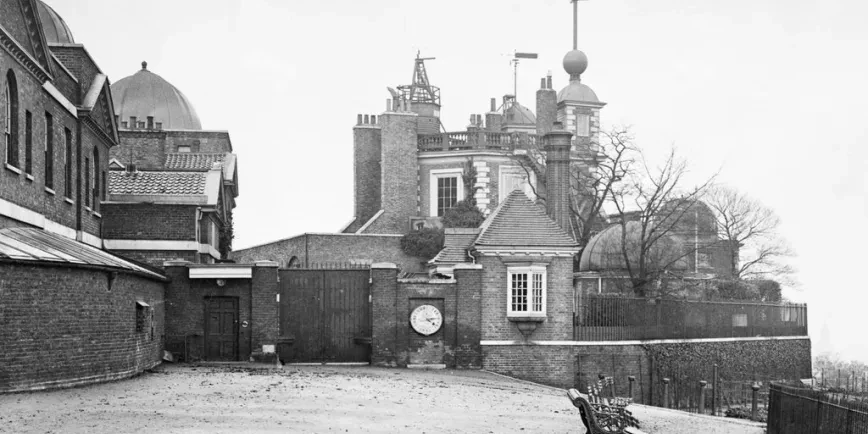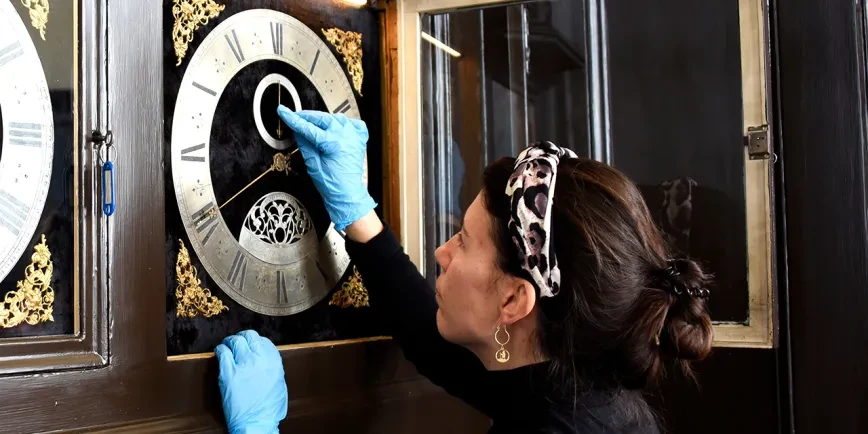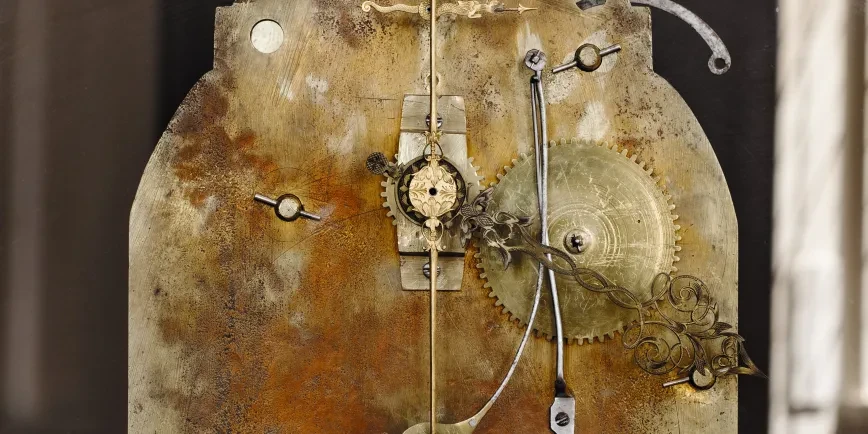
Explore stories
- Maritime history
- Space and astronomy
- Time
- Art and culture
- The ocean
- Royal history
- Life at sea
- Ships and boats
- Exploration and encounters
- Trade and empire
- Enslavement and resistance
- War and conflict
- Astronomy guides
- History of astronomy
- Space science
- People in astronomy
- Astrophotography
- Astronomy Photographer of the Year galleries
- Greenwich Mean Time
- Clocks and timekeeping
- Seasons and calendars
- Time and navigation
- Portraits
- Seascapes and landscapes
- Contemporary art
- Architecture
- Decorative arts
- Photography
- Ocean science
- People and the ocean
- Shipping and industry
- Migration and movement
- Royal Greenwich
- Tudors
- Stuarts
- Other
Please select a category from the dropdown menu.
Loading stories...
